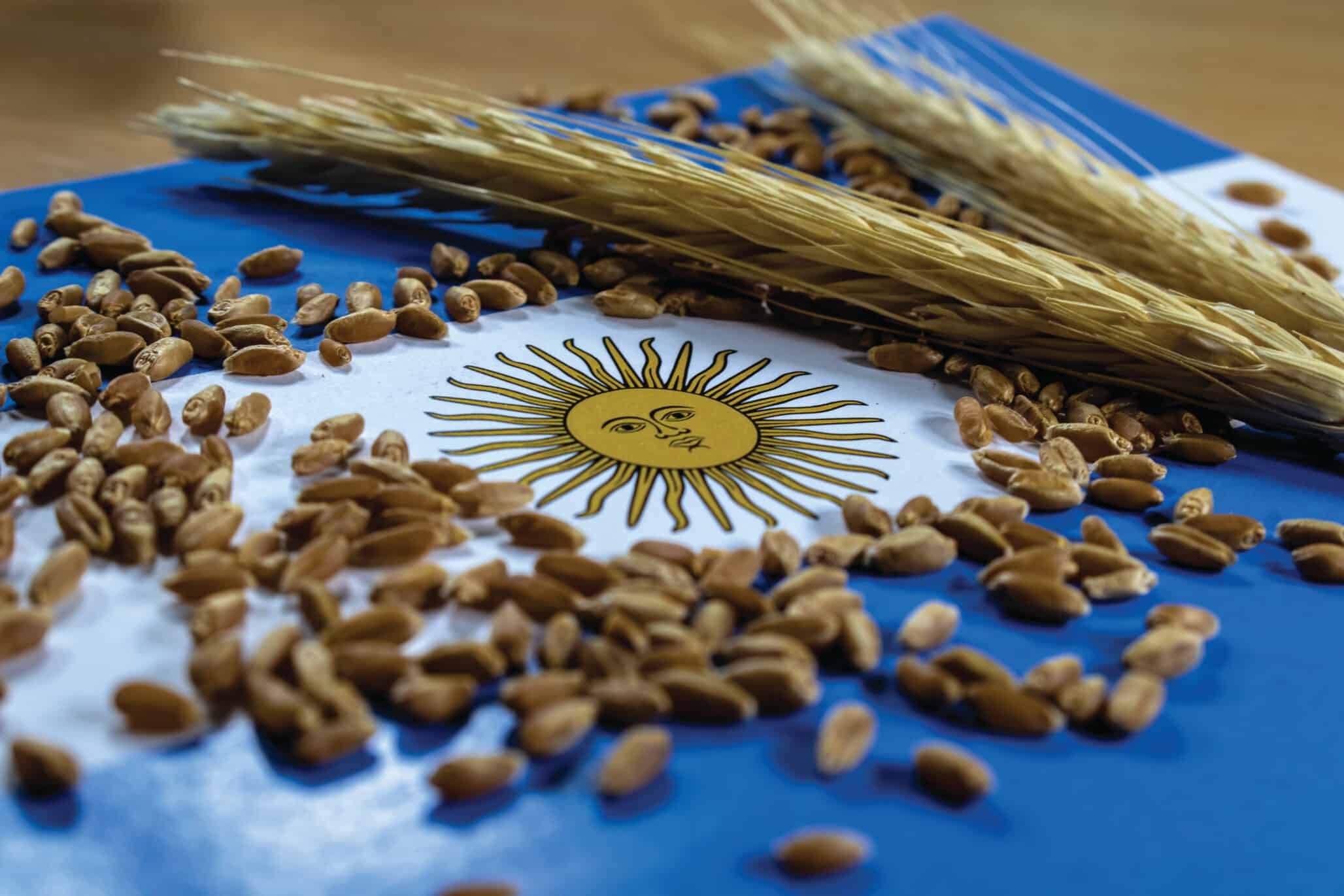A proposal to place a royalty on the use of farm-saved seed of UPOV 91 varieties will address the need for increased investment in plant breeding.
The Seed Synergy partners have endorsed a made-in-Canada solution that they say will drive plant breeding investment and benefit everyone in the agricultural value chain, starting with cereal, pulse and specialty crop producers.
The Seed Synergy partners have declared their support for the contract royalty option — one of two options being considered.
The partners, comprised of the six major national seed industry organizations, recommend that the contract royalty option be implemented as a Seed Variety Use Agreement (SVUA). The SVUA would allow breeders, if they choose, to set a Seed Variety Use Fee (SVUF) on grain they divert back to their operation to use as seed (often referred to as farm-saved seed) that reflects an appropriate value for providing an improved variety to the producer.
Why do we need the SVUA?
The SVUA addresses the serious need for increased investment in plant breeding to support Canada’s cereal, pulse and specialty crop producers. Variety development research for these crops is significantly under-resourced when we consider the long-term view with increased global competition and the rapid pace of new technology innovations.
I’m a producer, how will the SVUA affect me?
The SVUA will provide you with accelerated future access to better varieties adapted to a broader range of growing conditions. An increase in plant breeding also means you will benefit from more choice. The SVUA system will position you to be more competitive in international markets. Producers will still have a “Farmer’s Privilege” to keep diverted grain (farm-saved seed) but will need to pay a Seed Variety Use Fee (SVUF) to the plant breeder for use of the genetics marketed under a SVUA.
I’m a plant breeder, how will the SVUA affect me?
The SVUA will ensure you receive a fair return on research investment for breeding work in Canada. Currently, in some parts of Canada, only a small portion of the seed used each year (i.e. the Certified seed planted, which is as low as 12 per cent of planted acres for some crops) provides funds back to your research program. While you are not obliged to protect your varieties, the SVUA gives you, as a plant breeder, another choice on how to sell your varieties in the Canadian marketplace.
How does a SVUA work?
Producers will sign a SVUA when they purchase a Plant Breeders’ Rights (PBR 91)-protected variety. If they decide at harvest to divert some grain for seed use and plant it, they will be invoiced a Seed Variety Use Fee (SVUF) for use of the variety. This fee will be invoiced to the producer every year that the farm-saved seed of the protected variety is grown.
Will a SVUA be applied to all varieties?
No, the SVUA will only be used on farm-saved seed of protected varieties. Many of the current varieties in use today will not have a SVUA.

On why we need the Seed Variety Use Agreement:
“In Western Canada we have a strong pedigreed seed program, and many farmers do buy pedigreed seed. However, in many crops anywhere from 60-80 per cent of the acres grown are not grown with pedigreed seed. They’re grown with seed the farmer produces himself by diverting grain off of his farm to seed use. Therefore, those acres don’t contribute anything to the plant breeder directly. The plant breeder doesn’t actually get paid for the success of his variety on 80 per cent of the acres. This system, if it’s implemented and used by producers, should increase that investment and will allow Canadian producers to have competitive varieties to use on their farms on a world basis.”
On what varieties are affected by the SVUA proposal:
“This system is based on three values: making sure that what’s being offered is of value or producers won’t pay for it; making sure the offer’s transparent; and finally, choice. The big myth is that all farm-saved seed would be covered. The fact is, no. Farmers, when they buy pedigreed seed of those varieties eligible, will sign a contract and agree to pay a royalty on any seed of that variety that they use on their own farm.”

On when an SVUA would apply to a grower:
“The one myth that seems the most prevalent is they will lose the right to use farm-saved seed. Not true. This is about getting return on investment for plant breeding through eligible UPOV 91 varieties. This is not going to cover everything, and they are not going to be forced into it. If you want to grow the variety you’ve grown for the past 15 years, nothing will stop you. This is only on new varieties, and you have a choice. If you don’t want to be a part of this, that’s fine. If you want to get in on the ground floor using the latest technology, then you need to be a part of this. A grower can go either way, it’s totally up to them.”
On why a trailing royalty is better than an end-point royalty:
“In theory the end point royalty system looks good on paper, but if no one buys into it — including the grain companies — it goes nowhere. The trailing royalty and SVUA is the best option because it will be advanced by the seed industry. It’s our very own solution to a complex issue.”
On why the SVUA concept is nothing new:
“When the first technical use agreements (TUAs) came out for canola, people read the fine print and said, ‘Man, this is the most draconian thing ever.’ The TUA is just a part of doing business now if you want to grow canola. The TUA is really only there for people who would consider abusing the system. Ninety-nine per cent of people out there don’t abuse the system. People resist things that are new and might come with more paperwork, but after a while it will be the norm. The controversy over TUAs died down quick once people realized the benefits of the new technologies available in canola, and the same will happen with this.”













